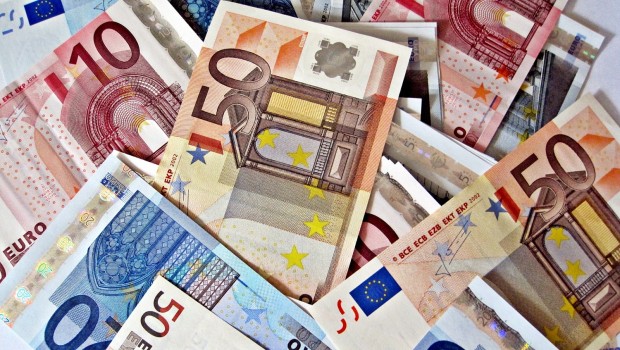Eurozone growth slows as Covid-19 hits services

The eurozone economy slowed in December as the effect of rising coronavirus infection rates on the region's service sector more than offset stronger manufacturing growth, a survey showed.
IHS Markit's "flash" eurozone purchasing managers' index fell to a nine-month low of 53.4 from 55.4 a month earlier. A reading of 50 marks the difference between growth and contraction.
Services activity dropped to an eight-month low of 53.3 from 55.9 while manufacturing output nudged up to a three-month high of 53.9 from 53.8. Services were affected by a steep fall in tourism and leisure activity and new business slowed to its lowest since May.
Supply chain delays continued to affect manufacturing but the lengthening of delivery times was the least marked since January. That enabled an expansion of production though order growth weakened.
Growth stalled in Germany, the eurozone's biggest economy, as a 17-month recovery in orders for goods and services came to an end. France's relatively resilient services sector kept growth solid overall as manufacturing output dropped. The rest of the region had its slowest expansion since April.
Chris Williamson, IHS Markit's chief business economist, said: “The eurozone economy is being dealt yet another blow from Covid-19, with rising infection levels dampening growth in the service sector in particular to result in a disappointing end to 2021. Germany is being especially hard hit, seeing the economy stall for the first time in a year and a half, but the growth slowdown is broad based across the region.
“Encouragement comes from the manufacturing sector, where the strain on supply chains is showing some signs of easing, in turn helping to revive factory production."
Employment growth was solid in December but slowed to a three-month low. Business optimism held up reasonably well though it worsened on average across the eurozone.